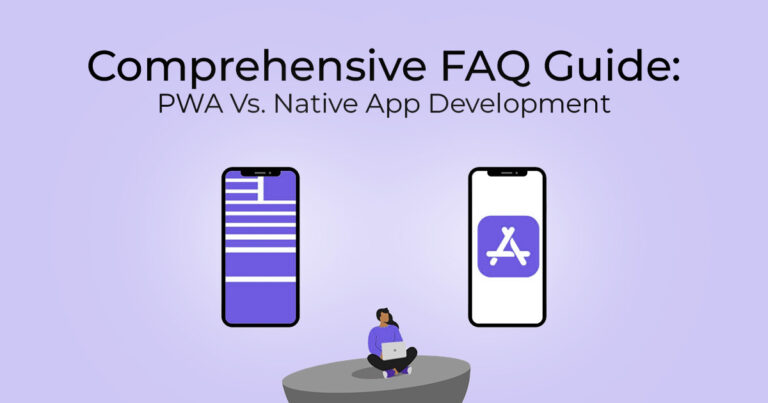Can you assist with porting an existing native app to a cross platform solution?
Yes, we can assist with porting an existing native app to a cross-platform solution. Porting an app involves adapting its codebase to make it compatible with multiple platforms, like Android and iOS. With our expertise in software development and cross-platform frameworks like React Native and Flutter, we can efficiently translate your native app into a single codebase that works seamlessly across different operating systems. Our skilled developers will ensure that your app retains its functionality, performance, and user experience while adapting it for the cross-platform environment.

